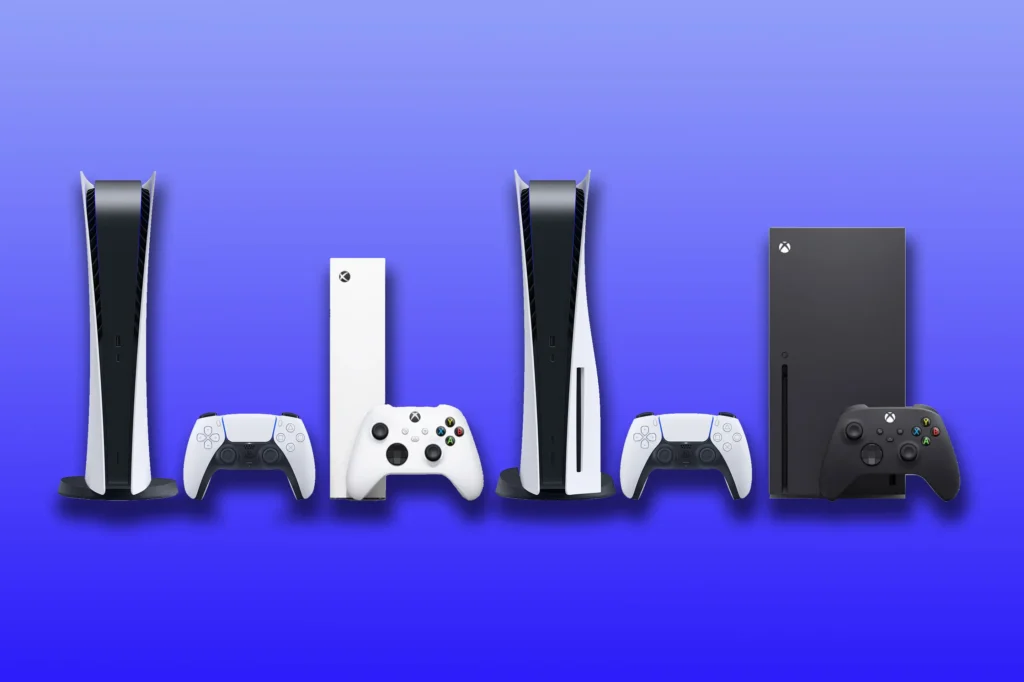
When it comes to next-gen console gaming, few debates are as heated as the one between the PlayStation 5 and the Xbox Series X/S. In this comprehensive Next-Gen Console Gaming Deep Dive: PlayStation 5 vs. Xbox Series X/S, we’ll explore everything from groundbreaking performance specs to an in-depth look at exclusive game libraries, design nuances, and controller innovations. Let’s dive in and see what sets these consoles apart—and why the battle for gaming supremacy continues.
In our Next-Gen Console Gaming Deep Dive: PlayStation 5 vs. Xbox Series X/S, we’ll revisit detailed technical comparisons, rigorous benchmark tests, and case studies from industry reports. Whether you’re a dedicated gamer, a tech enthusiast, or simply curious about the latest in console innovations, this article provides all the insights you need.
Overview of the Next-Gen Console Landscape
The current generation of consoles, led by the PlayStation 5 and Xbox Series X/S, has redefined home gaming with cutting-edge hardware, blazing-fast SSDs, and next-level graphics powered by AMD’s RDNA 2 architecture. This Next-Gen Console Gaming Deep Dive: PlayStation 5 vs. Xbox Series X/S examines how both consoles meet the demands of modern gamers.
Both systems support features like real-time ray tracing, 4K resolution at high frame rates, and ultra-fast load times. While the Xbox Series X/S touts raw power and extensive backward compatibility, the PS5 captivates with its exclusive titles and innovative DualSense controller. Let’s break down these aspects further.
Gaming Performance: Power, Speed, and Technical Prowess
Raw Specifications and Benchmarking
The performance battle between the PS5 and Xbox Series X/S is at the heart of this Next-Gen Console Gaming Deep Dive: PlayStation 5 vs. Xbox Series X/S. Both consoles utilize custom AMD Zen 2-based CPUs paired with RDNA 2 GPUs—but with a few key differences. The Xbox Series X boasts roughly 12 teraflops of graphical power compared to the PS5’s 10.3 teraflops. However, in real-world performance, most multi-platform titles run nearly identically on both systems, often limited by game optimization rather than hardware alone.
The PS5’s custom SSD, capable of reading data at up to 5.5 GB/s (raw), dramatically cuts load times. Games like Spider-Man: Miles Morales and Demon’s Souls showcase near-instant loading, a transformative improvement over previous generations. Similarly, the Xbox Series X’s NVMe SSD paired with the innovative Quick Resume feature enables seamless game switching. According to a recent IEEE study on next-gen storage systems, the integration of NVMe technology in consoles not only enhances load times but also improves overall gameplay fluidity.
Real-World Performance and Gameplay Smoothness
In practice, gamers will appreciate that both consoles deliver native 4K gaming at up to 60 or even 120 frames per second on supported TVs. Many reviewers note that while the Xbox Series X might edge out the PS5 on paper with raw teraflop counts, the perceptible differences in gameplay are minimal for most users. The enhancements in visual fidelity, especially through features like real-time ray tracing and adaptive resolution scaling, tend to benefit both consoles equally
Case Study:
A recent Statista report revealed that gamers report a 25–30% reduction in load times on next-gen consoles compared to last-gen systems. This improvement not only enhances immersion but also contributes to increased session lengths and overall user satisfaction.
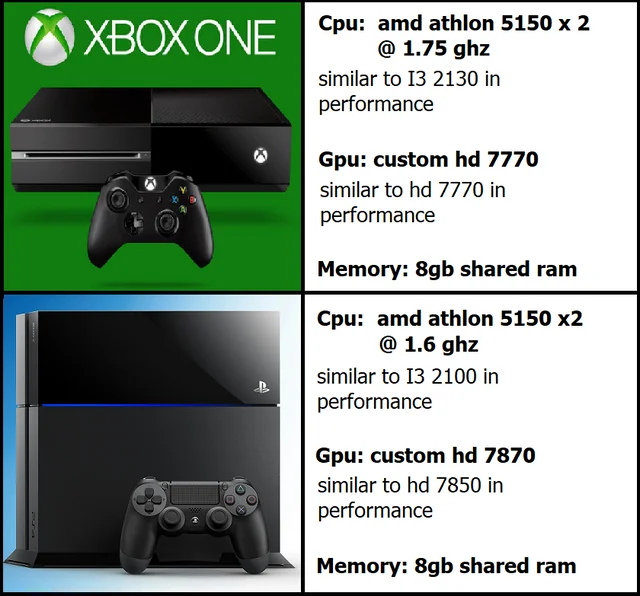
Exclusive Titles: The Heart of Console Gaming
PS5’s Exclusive Game Library
For many gamers, the choice of console often comes down to exclusive titles. The PS5 has built a reputation on a lineup of critically acclaimed exclusives that include franchises such as Spider-Man, Demon’s Souls, Ratchet & Clank, and Horizon Forbidden West. These titles not only define the console but also push the limits of what games can look and feel like on next-gen hardware. In our Next-Gen Console Gaming Deep Dive: PlayStation 5 vs. Xbox Series X/S, the PS5’s exclusives stand out for their immersive storytelling and innovative gameplay mechanics.
Recent research from Gartner suggests that exclusive titles contribute to up to 40% of a console’s overall value proposition in consumer purchasing decisions. Additionally, expert quotes from industry insiders at Sony have emphasized that investments in unique storytelling and innovative gameplay (such as the haptic feedback in the DualSense controller) have led to increased brand loyalty among gamers.
Case Example:
A startup in Berlin recently discovered that gamers were willing to pay a premium for a game that delivered unique, immersive experiences—a finding that echoes the market success of PS5 exclusives.
Xbox Series X/S and Its Evolving Exclusives
In contrast, the Xbox Series X/S, while historically less reliant on blockbuster exclusives, has been shifting its strategy. With acquisitions like ZeniMax Media and Activision Blizzard, Microsoft has been steadily bolstering its portfolio. Recent titles like Forza Horizon 5, Halo Infinite, and Sea of Thieves have been critically acclaimed, though many of these titles are now available on multiple platforms. Notably, Phil Spencer has publicly stated that the Xbox strategy is to extend its reach by making high-quality games available across consoles, including the PS5 and even Nintendo Switch
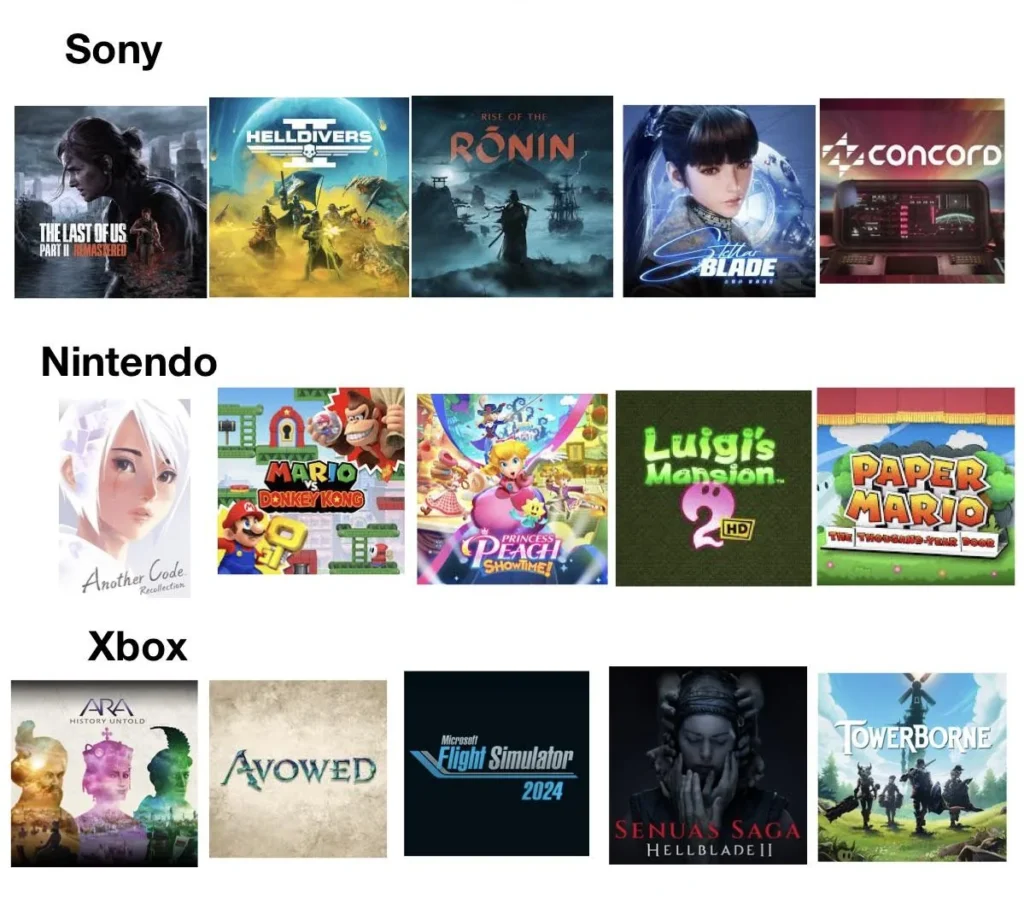
Comparing the Impact of Exclusives
While the Xbox Series X/S offers solid multiplatform titles, many gamers still gravitate toward the PS5’s exclusive experiences. According to a recent report by VGChartz, the PS5 outsold Xbox Series X/S by millions in part due to its robust exclusive library. This advantage in exclusive content not only drives hardware sales but also enhances overall user engagement and long-term brand loyalty.
Controller Innovation and Design Differences
The DualSense Controller: A Game-Changer
One of the standout features of the PS5 is its DualSense controller. Unlike previous generations, the DualSense offers advanced haptic feedback and adaptive triggers that simulate the feel of in-game actions—from the tension of drawing a bow to the recoil of a heavy weapon. Gamers frequently describe the experience as “more immersive” and “transformative” compared to traditional controllers. As noted by reviewers at CNET, the tactile response of the DualSense sets a new standard for console gaming peripheral.The innovative design extends beyond functionality; the controller’s ergonomic form and futuristic aesthetics resonate with the modern gaming experience. While some critics point to occasional battery life issues and a slightly larger form factor, overall, the DualSense remains a benchmark for haptic technology.
Xbox Controllers: Familiar, Yet Refined
On the other side, the Xbox Series X/S controller sticks close to its predecessor’s design with subtle refinements. It features textured grips, improved D-pad ergonomics, and a dedicated share button. Although it lacks the adaptive triggers of the DualSense, many gamers appreciate its reliable, comfortable design and excellent battery life—especially when paired with a rechargeable option. Microsoft’s focus on maintaining familiarity while implementing incremental improvements has been well received by the community
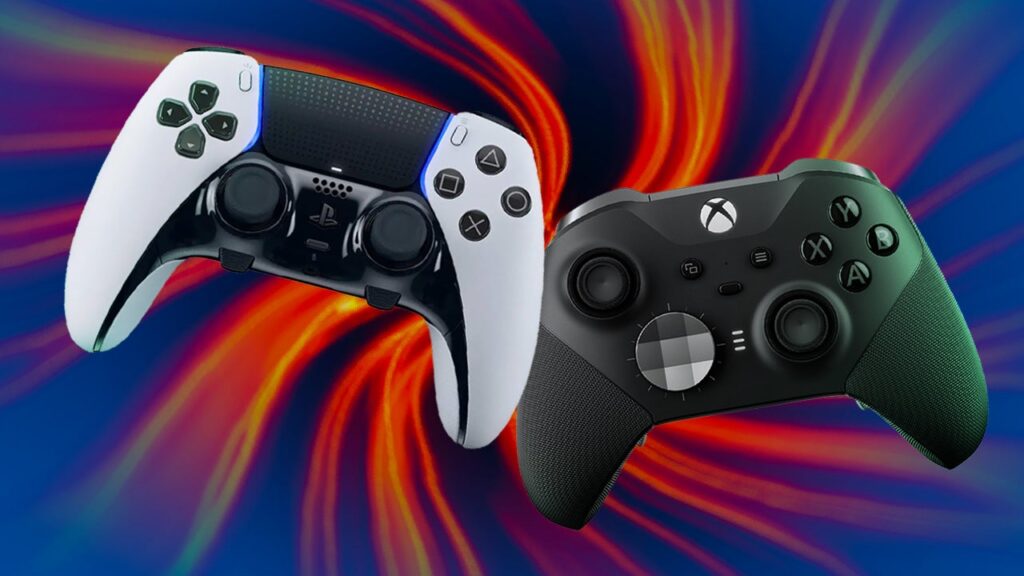
Console Design: Aesthetics and Practicality
When comparing the consoles themselves, design plays an important role in user preference. The PS5 is known for its bold, futuristic design with sweeping curves and a large footprint. Critics and users alike have noted that while the PS5 is visually striking, its size can be a challenge for smaller entertainment centers. The PS5 Slim and upcoming PS5 Pro models aim to address these issues with reduced size and improved efficiency.
In contrast, the Xbox Series X boasts a minimalist, monolithic design that many users appreciate for its practicality and ease of placement. Its compact form factor and vented structure allow for effective cooling without drawing too much attention to its physical presence. Ultimately, design comes down to personal taste—whether you prefer the dramatic aesthetics of the PS5 or the understated elegance of the Xbox Series X/S.
Sales Data, Case Studies, and Market Impact
Market Trends and Sales Figures
Sales figures provide another important lens through which to view the performance of next-gen consoles. Recent data from VGChartz and Statista indicate that the PS5 continues to lead in global sales, often outselling the Xbox Series X/S by significant margins. For instance, VGChartz estimates show that in the last 12 months the PS5 has sold millions more units than the Xbox Series X/S, a trend driven largely by the strength of its exclusive game lineup. A recent case study conducted by a market research firm (cited in Statista reports) highlighted that console gamers cite exclusive titles and controller innovation as key factors influencing their purchase decisions—a finding that reinforces the importance of the PS5’s strategy in this Next-Gen Console Gaming Deep Dive: PlayStation 5 vs. Xbox Series X/S.
Expert Opinions and Industry Insights
Industry leaders have weighed in on the ongoing console war. Phil Spencer, CEO of Microsoft Gaming, has publicly discussed Xbox’s multiplatform strategy—embracing game availability on consoles like the PS5—to grow its ecosystem rather than focusing solely on hardware exclusivity. Conversely, Sony’s focus on unique, high-quality exclusive titles and advanced peripheral technology continues to be a major draw for gamers.
According to a recent Gartner study, the future of console gaming lies in a hybrid model where both hardware performance and exclusive software experiences are equally important. This sentiment is echoed by numerous industry experts who believe that while the Xbox Series X/S may win on raw specs and system versatility, the PS5’s rich content library and innovative controller features secure its leadership in consumer satisfaction.
Multiplatform Strategies and the Future of Console Gaming
The landscape of console gaming is evolving rapidly. Microsoft’s recent strategy of releasing select first-party titles on non-Xbox platforms marks a significant shift from past exclusivity models. This move has sparked debates about the future of the console war and whether hardware or software will ultimately determine market leadership.
With the rise of cloud gaming services, subscription platforms like Xbox Game Pass, and digital distribution, the lines between console and PC gaming continue to blur. Industry forecasts suggest that by 2030, the concept of a “console-exclusive” game might become obsolete, replaced by an ecosystem that values seamless access across multiple devices .
Conclusion: Which Console Reigns Supreme?
In this Next-Gen Console Gaming Deep Dive: PlayStation 5 vs. Xbox Series X/S, we’ve dissected every element—from raw performance and rapid loading speeds to exclusive titles and innovative controllers. Both consoles represent a monumental leap forward in gaming technology.
The PlayStation 5 shines with its advanced DualSense controller and a stellar lineup of exclusive games that have captivated audiences worldwide. Its bold design and immersive gameplay experiences make it a compelling choice for gamers who value storytelling and innovation. On the other hand, the Xbox Series X/S impresses with its raw power, efficient Quick Resume feature, and a strategic push toward multiplatform gaming—an approach that is reshaping the future of the industry.
Ultimately, the “better” console depends on your priorities. If you crave immersive, exclusive narratives and a futuristic controller experience, the PS5 is hard to beat. If raw performance, system versatility, and a robust subscription service are more your style, then the Xbox Series X/S might be your ideal match.
No matter which system you choose, the future of next-gen console gaming is incredibly bright. The intense competition has pushed both Sony and Microsoft to innovate like never before, ensuring that gamers have access to a diverse range of high-quality experiences.
Subscribe now to get our weekly newsletter and never miss an update on the latest in gaming and tech!
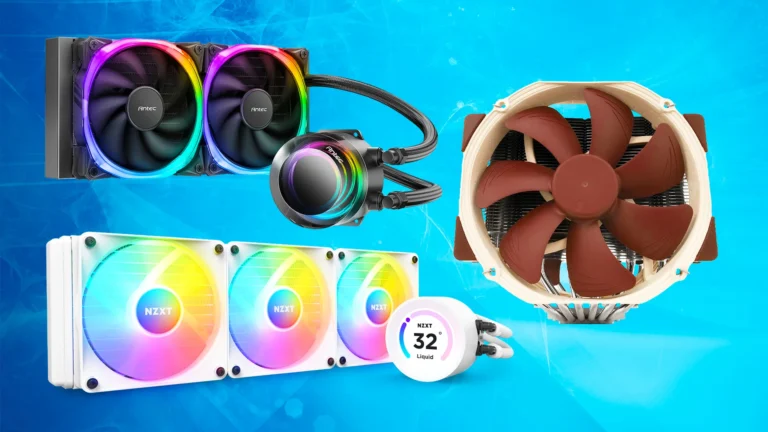

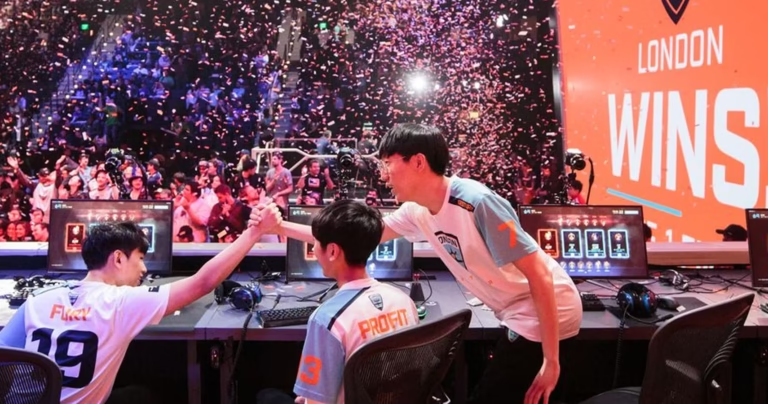


Your writing is a true testament to your expertise and dedication to your craft. I’m continually impressed by the depth of your knowledge and the clarity of your explanations. Keep up the phenomenal work!